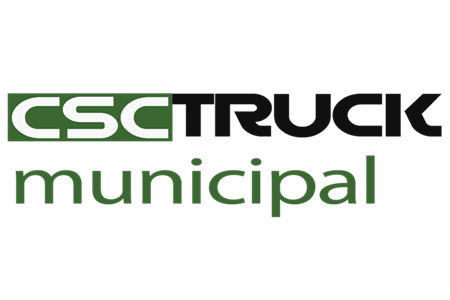Introduction
Garbage truck collection and disposal play a crucial role in maintaining public health and environmental sustainability. Traditionally, waste management has been perceived as a labor-intensive and inefficient process. However, with the advent of technology, the landscape of garbage truck collection and disposal has undergone a significant transformation. This article explores how technology is revolutionizing the waste management industry, leading to more efficient and sustainable practices.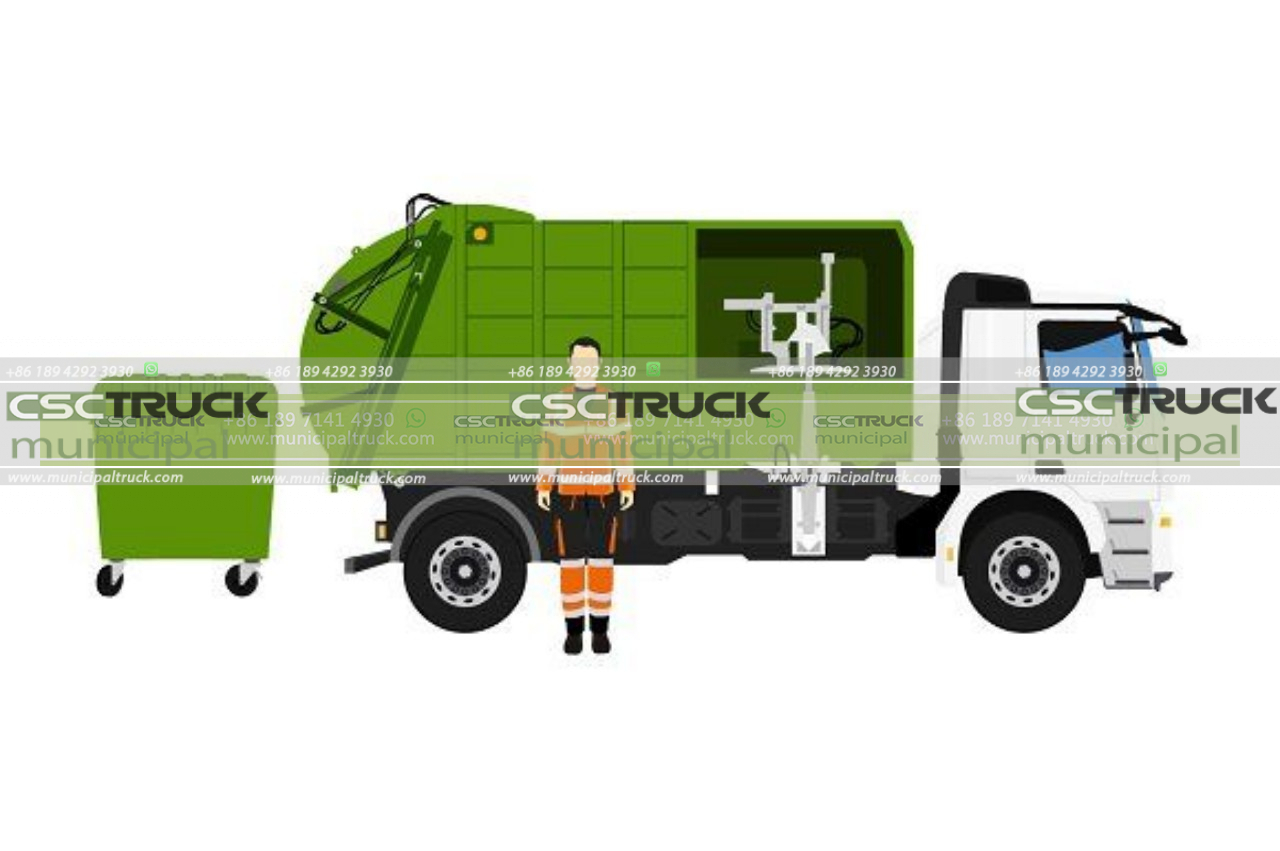
- Smart Waste Management Systems
One of the key technological advancements in garbage truck collection and disposal is the implementation of smart waste management systems. These systems utilize sensors, radio frequency identification (RFID) tags, and Internet of Things (IoT) technology to monitor and manage waste collection more effectively. Sensors placed inside garbage bins can detect the fill level and transmit real-time data to waste management companies, enabling optimized collection routes. This reduces unnecessary trips, lowers fuel consumption, and minimizes traffic congestion.
Moreover, RFID tags attached to bins facilitate automated identification and tracking, ensuring accurate billing and efficient management of waste streams. These smart-systems provide valuable insights into waste generation patterns, enabling municipalities and waste management companies to make data-driven decisions for future planning and resource allocation.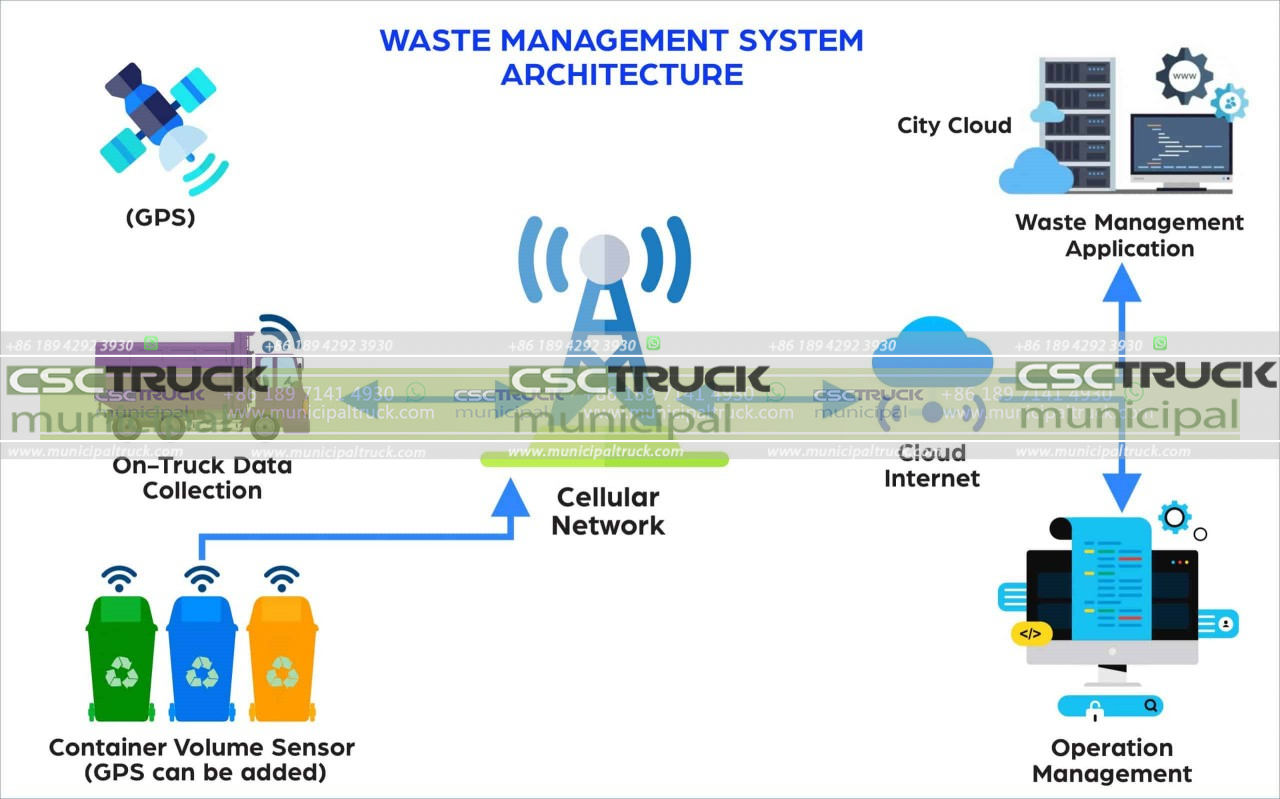
- Automated Collection Systems
Technology has also introduced automated collection systems, replacing traditional manual labor-intensive processes. Automated side-loader and rear-loader garbage trucks are equipped with mechanical arms or robotic mechanisms that lift empty bins into the truck. This technology eliminates the need for workers to manually handle heavy bins, reducing the risk of injuries and improving overall efficiency.
Automated collection systems offer faster collection times, enabling garbage trucks to service a larger number of households in less time. Additionally, these systems can be programmed to operate during off-peak hours, reducing traffic congestion and minimizing disruption to residents.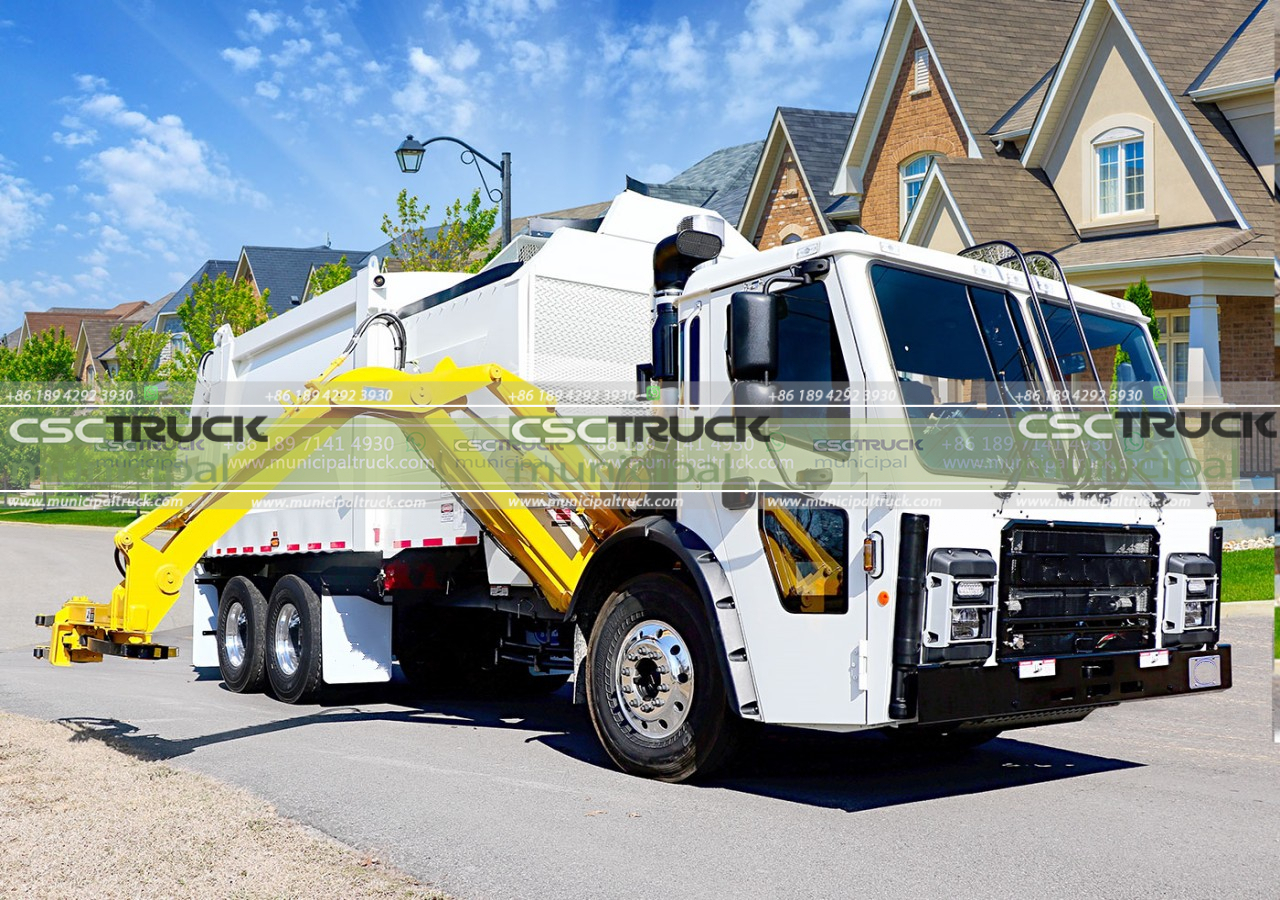
- Alternative Fuel and Electric Garbage Trucks
In response to the increasing demand for sustainable waste management solutions, technology has spurred the development of alternative fuel and electric garbage trucks. Traditional garbage trucks run on diesel fuel typically, contributing to air pollution and greenhouse gas emissions. However, the emergence of hybrid, natural gas, and electric garbage trucks presents a cleaner and more environmentally friendly solution.
Hybrid garbage trucks combine traditional combustion engines with electric motors, reducing fuel consumption and emissions. Natural gas-powered trucks provide a cleaner alternative to diesel, emitting fewer particulate matter and greenhouse gases. Electric garbage trucks, powered by rechargeable batteries, produce zero tailpipe emissions, improving air quality in urban areas significantly.
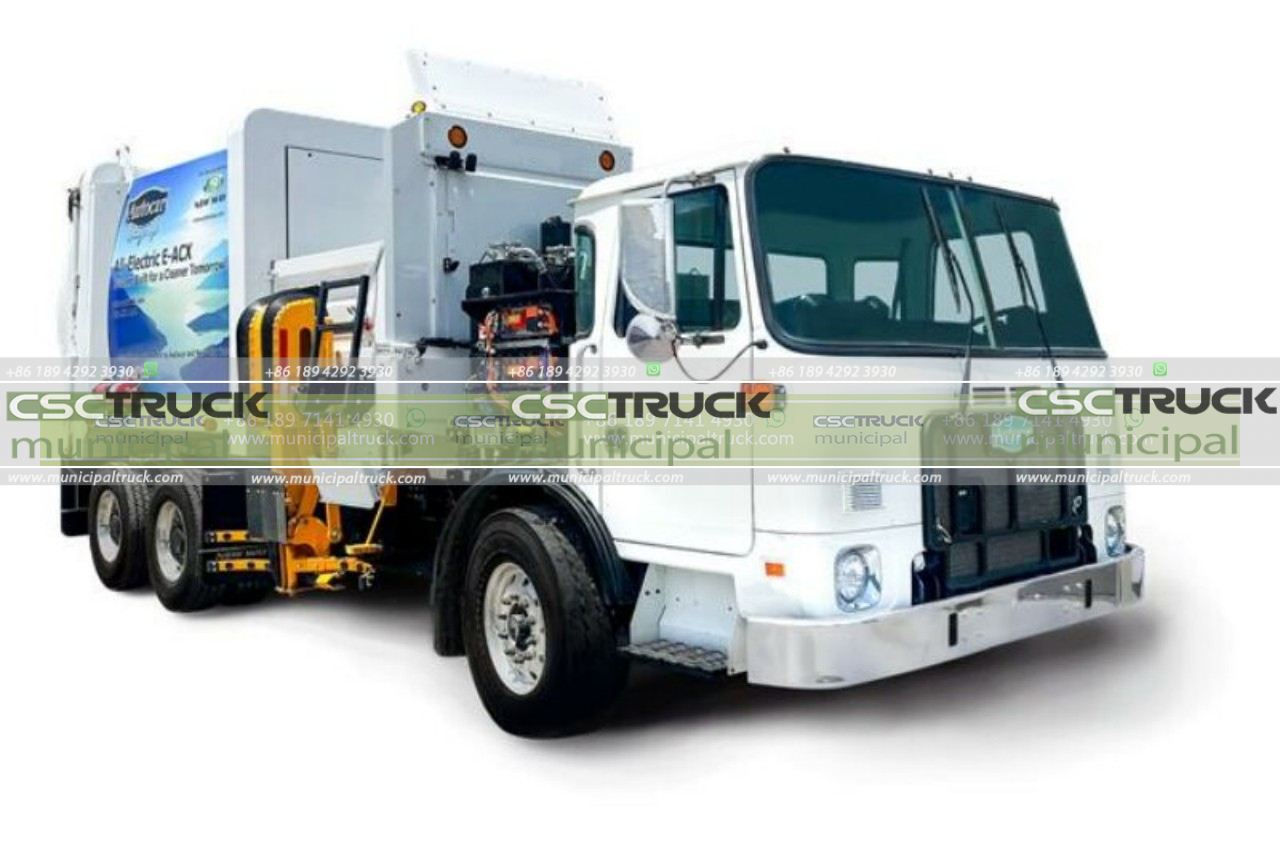
- Waste Sorting and Recycling Technologies
Technology has also revolutionized waste sorting and recycling processes, contributing to more sustainable waste management practices. Advanced sorting technologies, such as optical sensors and artificial intelligence (AI), enable rapid and accurate separation of different waste materials. This improves recycling efficiency by ensuring that recyclable materials are properly identified and diverted from landfill disposal.
Furthermore, innovative recycling technologies have emerged, allowing for the recovery of valuable resources from waste streams. For example, biofuel production from organic waste and the conversion of plastic waste into reusable materials is made possible through technological advancements. These recycling technologies not only reduce landfill space but also promote the circular economy by transforming waste into valuable resources.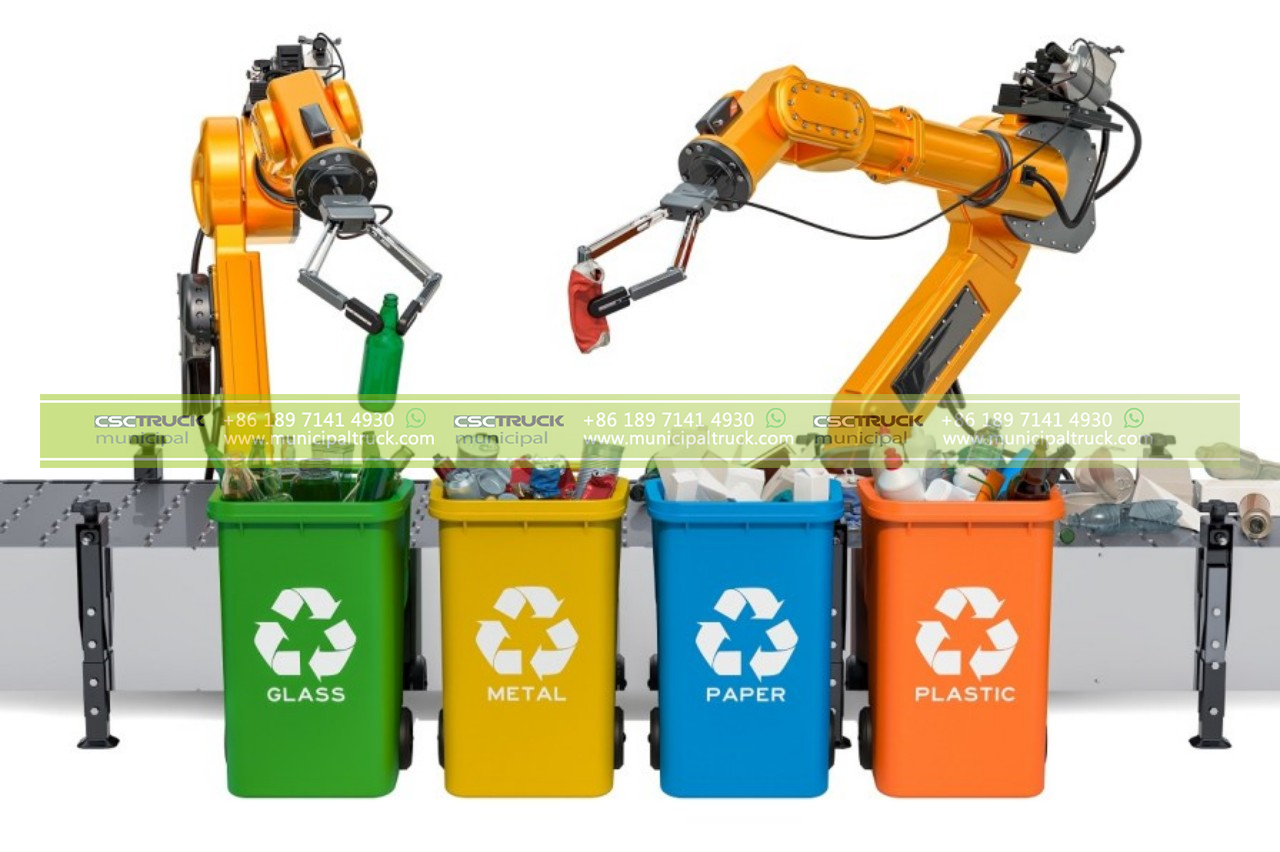
- Data Analytics and Predictive Maintenance
The utilization of data analytics and predictive maintenance has become increasingly prevalent in the waste management industry. By analyzing data collected from sensors, smart waste management systems can generate valuable insights into waste generation patterns, customer behavior, and operational efficiency. This data-driven approach allows waste management companies to optimize collection routes, adjust service levels based on demand, and identify areas for improvement.
Moreover, predictive maintenance algorithms can monitor the condition of garbage trucks and identify potential maintenance issues before they lead to breakdowns. This proactive approach reduces downtime, improves fleet management, and ultimately increases the overall reliability and performance of garbage truck collection and disposal operations.
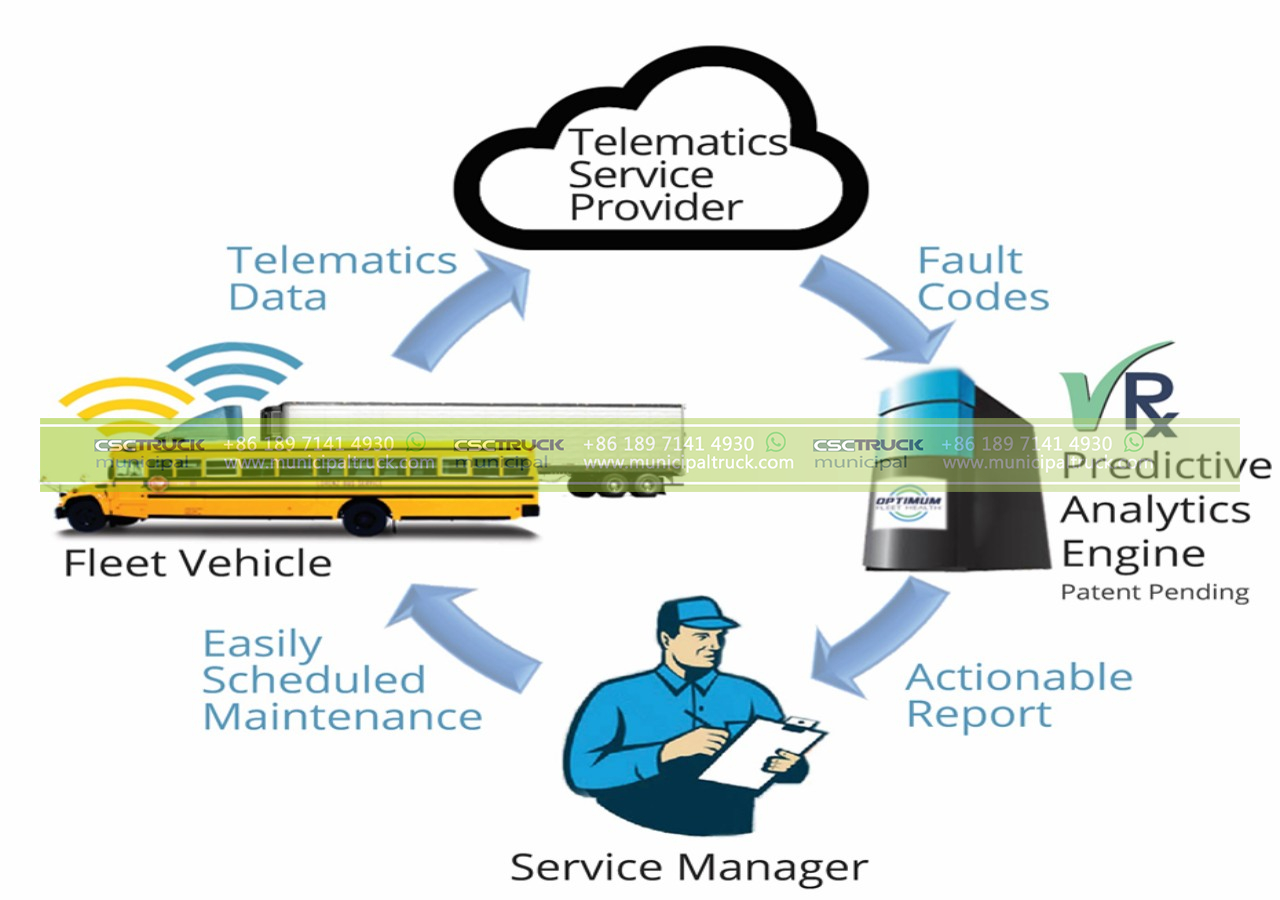 Conclusion
Conclusion
In conclusion, technology has brought about a revolutionary transformation in garbage truck collection and disposal practices. The implementation of smart waste management systems, automated collection systems, and alternative fuel or electric trucks has led to improved efficiency, reduced environmental impact, and enhanced worker safety. Additionally, waste sorting and recycling technologies have enabled the recovery of valuable resources from waste streams, promoting a more sustainable approach to waste management.
The integration of data analytics and predictive maintenance further enhances the effectiveness of waste management operations. By harnessing real-time data and making data-driven decisions, waste management companies can optimize routes, adjust service levels, and allocate resources more efficiently. This not only reduces costs but also minimizes the carbon footprint associated with garbage truck operations.
The technological advancements in garbage truck collection and disposal are not only beneficial for waste management companies but also for the communities they serve. The optimized collection routes and improved operational efficiency led to reduced traffic congestion and minimized disruption to residents. Additionally, the implementation of sustainable technologies, such as electric trucks and advanced recycling systems, contributes to cleaner air and a healthier environment for everyone.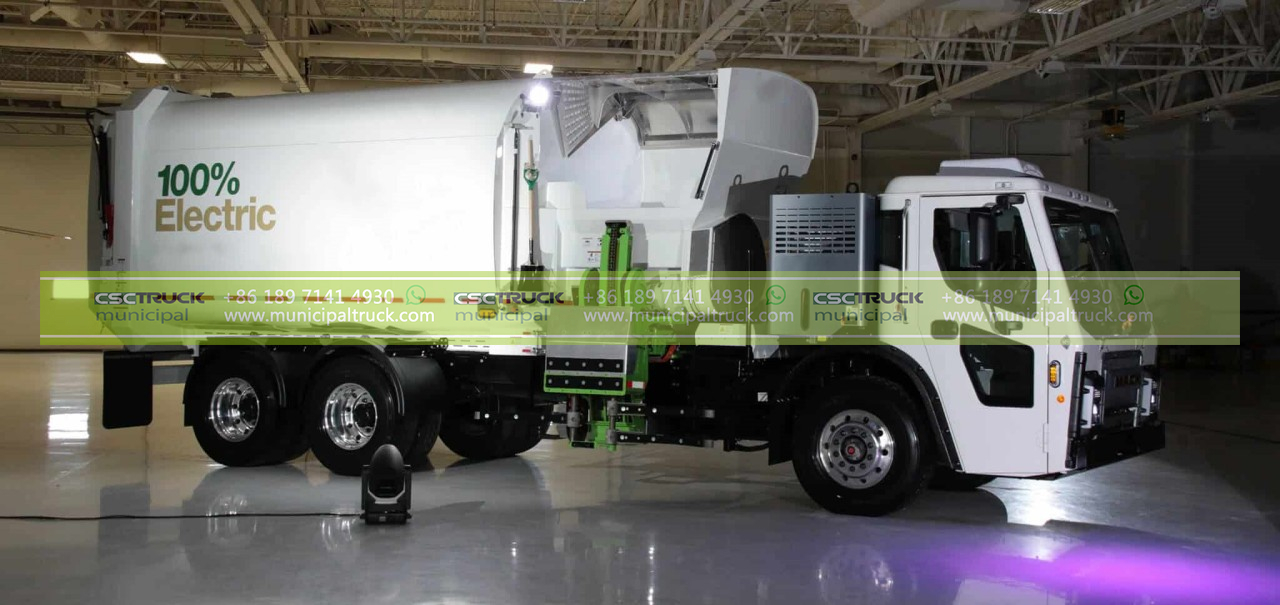 However, it is important to acknowledge that the adoption of these technologies comes with certain challenges. The initial investment costs can be significant, and the integration of new systems and technologies requires training and education for waste management personnel. Furthermore, there may be infrastructure limitations and regulatory hurdles that need to be addressed to fully leverage the potential of technology in waste management.
However, it is important to acknowledge that the adoption of these technologies comes with certain challenges. The initial investment costs can be significant, and the integration of new systems and technologies requires training and education for waste management personnel. Furthermore, there may be infrastructure limitations and regulatory hurdles that need to be addressed to fully leverage the potential of technology in waste management.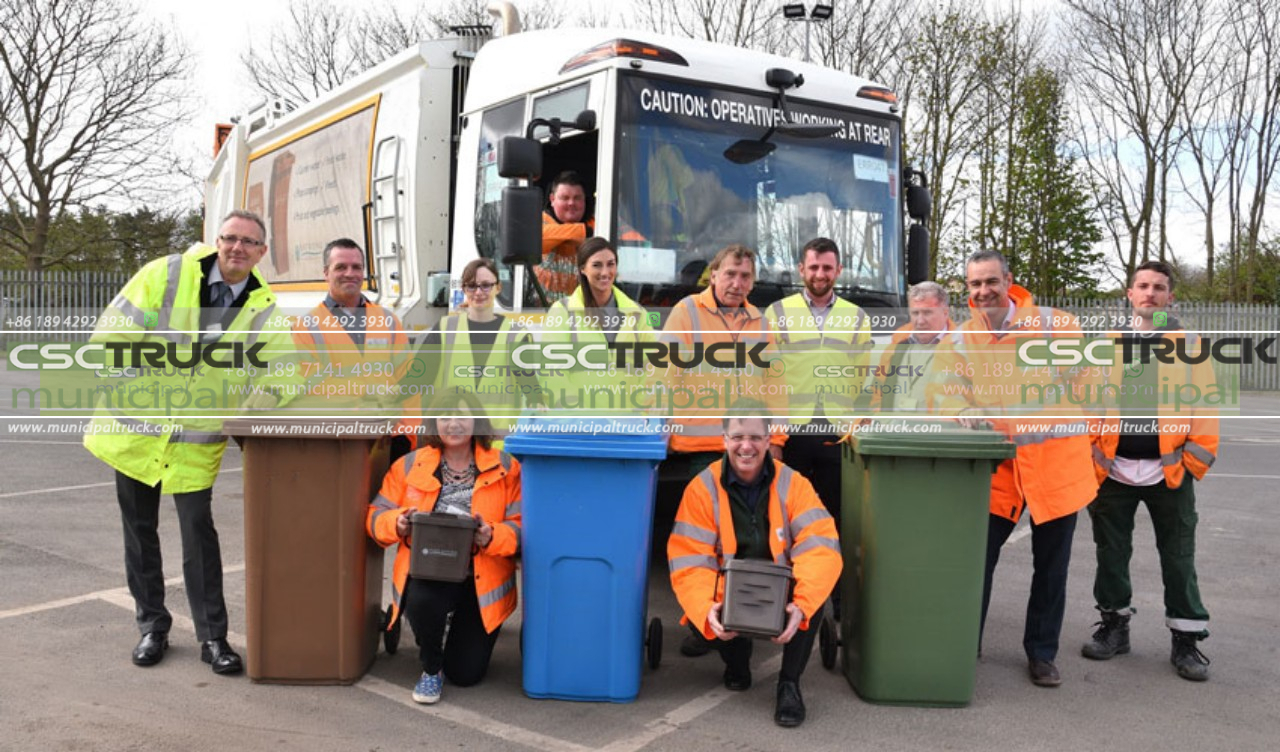 Nonetheless, the benefits and potential of technology in revolutionizing garbage truck collection and disposal cannot be understated. As technology continues to advance, it is expected that further innovations will emerge, improving efficiency, sustainability, and overall waste management practices.
Nonetheless, the benefits and potential of technology in revolutionizing garbage truck collection and disposal cannot be understated. As technology continues to advance, it is expected that further innovations will emerge, improving efficiency, sustainability, and overall waste management practices.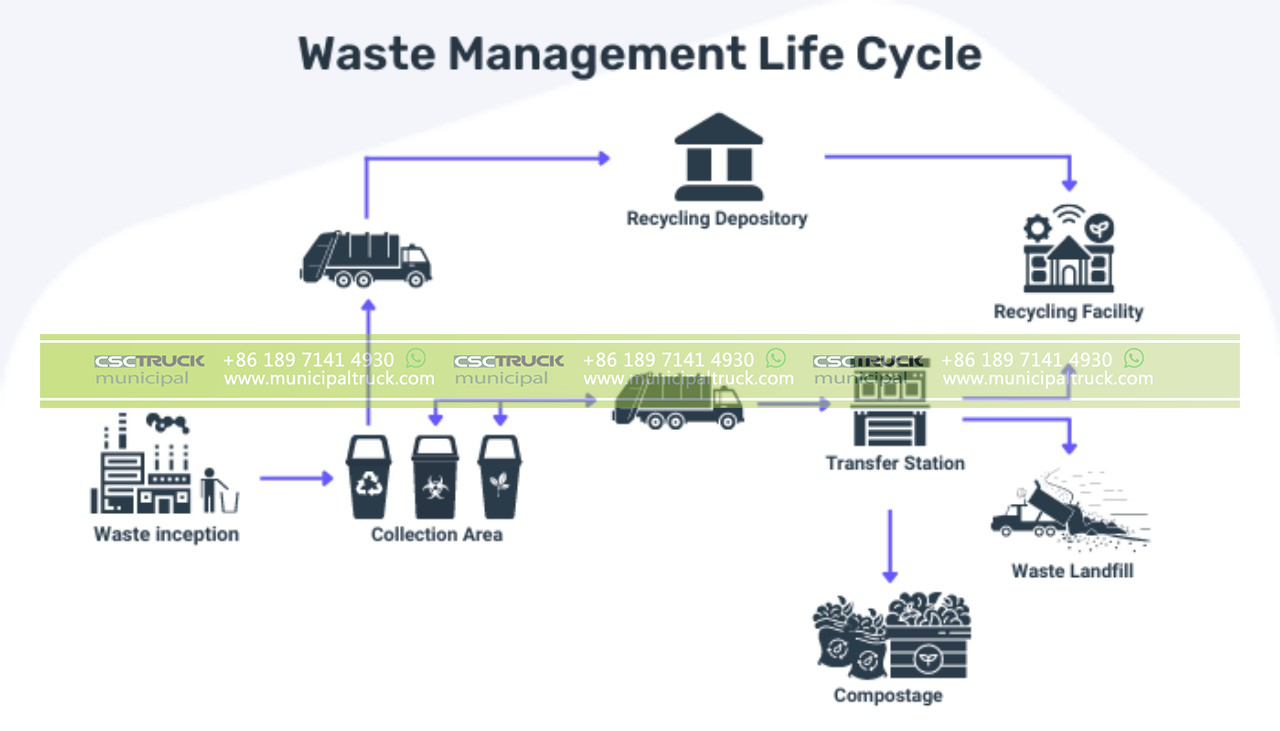 In conclusion, the integration of technology in the garbage truck collection and disposal industry has paved the way for more efficient, sustainable, and data-driven practices. By embracing smart waste management systems, automated collection systems, alternative fuel or electric trucks, waste sorting and recycling technologies, and data analytics, the waste management industry can continue to evolve toward a greener and more efficient future.
In conclusion, the integration of technology in the garbage truck collection and disposal industry has paved the way for more efficient, sustainable, and data-driven practices. By embracing smart waste management systems, automated collection systems, alternative fuel or electric trucks, waste sorting and recycling technologies, and data analytics, the waste management industry can continue to evolve toward a greener and more efficient future.
Contact us for this municipal truck or similar trucks: [email protected] Call us or What's APP us: +86 189 4292 3930
